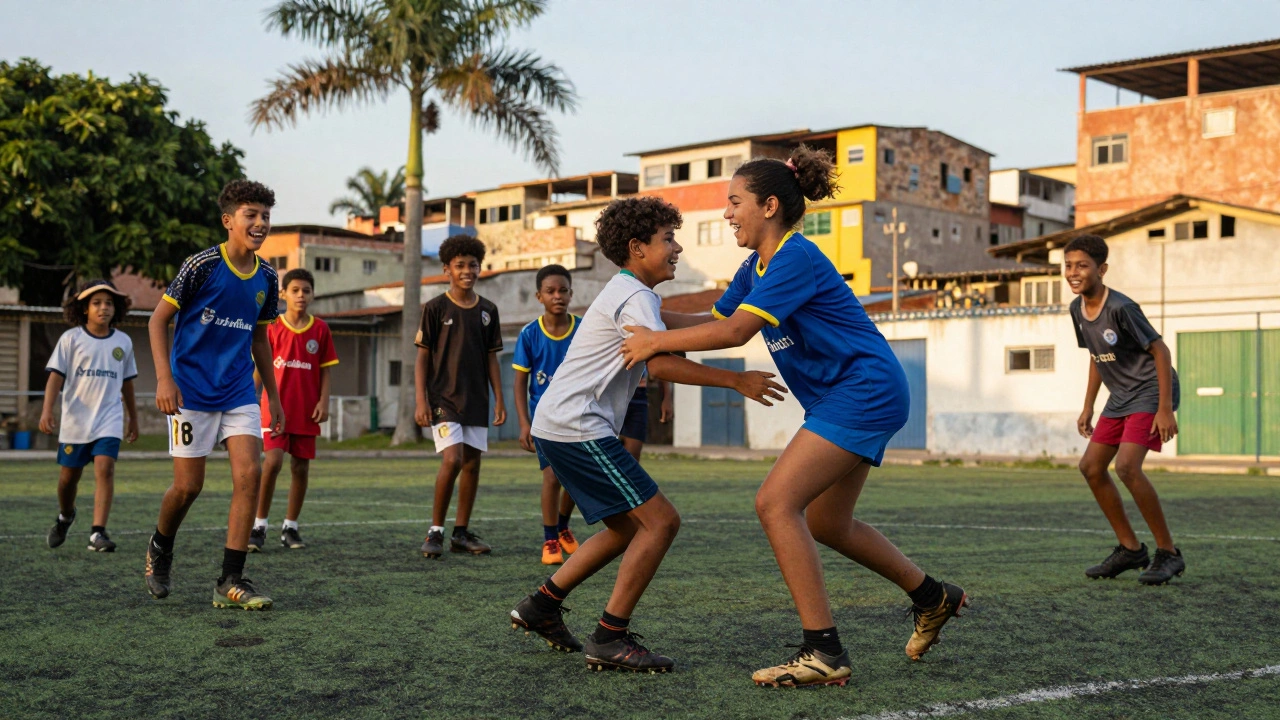Rugby in Brazil – What You Need to Know
Rugby might not be the first sport you think of when Brazil comes up, but it’s growing fast. From a handful of clubs in São Paulo to a national team that makes the World Cup, the game is carving out a real place in the country’s sports scene.
How Rugby Got Its Footprint in Brazil
The first rugby matches in Brazil date back to the early 1900s, when British expats set up informal games in Rio and São Paulo. It stayed a niche sport for decades, mostly played by expats and a few local enthusiasts. The turning point came in the 1990s when Brazilian students who studied abroad brought the sport back home and started forming clubs.
In 2010 the Brazilian Rugby Confederation (CBRu) was established, giving the game an official body to organize leagues and youth programs. Since then, the national team, known as the Brazilian XV, has climbed the world rankings and qualified for several international tournaments. Their most famous win was beating the USA in a 2016 qualifier, which sparked a wave of media interest.
Today, major cities like São Paulo, Rio de Janeiro, and Curitiba host regular league matches. The Superliga is the top domestic competition, drawing crowds of a few thousand and streaming games online. Sponsorship from local brands and a growing fan base on social media have helped the sport get more exposure.
Getting Involved: Play, Follow, Learn
If you’re new to rugby in Brazil, start with the basics. The five essential rules – like forward passes being illegal and the importance of the try line – are covered in our guide Five Essential Rules of Rugby: Simple Guide for Beginners. Knowing these will make watching a match less confusing and more fun.
Want to see the action live? The best way is to follow the Superliga schedule on the CBRu website or check streaming platforms that carry national games. For international fixtures, the same streaming services that show the Rugby Internationals often include Brazil’s matches.
Thinking about playing? Look for a local club in your city – most have open training sessions for beginners. Many clubs run youth academies, so you can start as early as eight years old. If you prefer a casual start, try a “rugby 7s” tournament; it’s a faster version of the game and a great way to meet other players.
Learning doesn’t stop at the field. Our post Why Rugby Hasn't Taken Off in Germany gives a good comparison of how cultural factors can affect a sport’s popularity, which helps explain why Brazil’s growth is unique. And if you’re curious about money in the sport, check out Rugby Player Salaries: How Much Do Pro Rugby Players Earn in 2025? for a snapshot of earnings in Brazil and abroad.
Overall, rugby in Brazil is a story of steady growth, passionate fans, and plenty of opportunities for newcomers. Whether you’re watching a match, learning the rules, or stepping onto the pitch, you’re part of a sport that’s still writing its own chapter in Brazilian history.
Is rugby popular in Brazil? Here's what's really going on

Rugby isn't Brazil's biggest sport, but it's growing fast-especially among women and youth. With rising attendance, school programs, and international progress, Brazil could soon make its World Cup debut.
Rugby’s Rise in Brazil: Growth, Challenges, and The Future

Is rugby really growing in Brazil? This article digs deep into the sport’s numbers, its grassroots success, and what might be stopping Brazil from going crazy for rugby.
